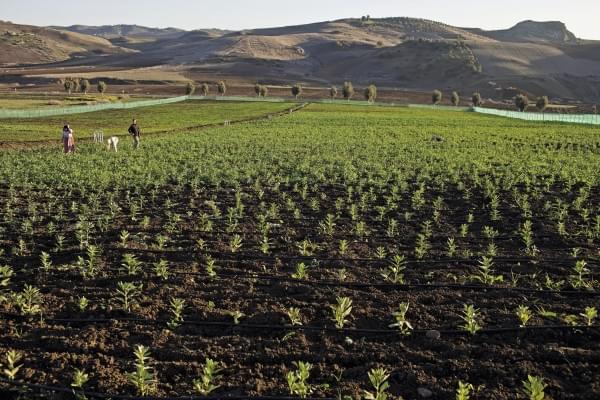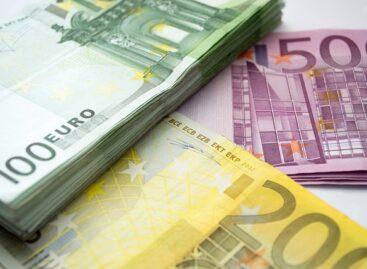Bridgehead in North Africa
The European Union has been working on closer cooperation with the countries in the Mediterranean, especially in North Africa for quite a while.
So far diplomatic and economic opening worked best in the relationship with Morocco and Algeria. Today there is already an association agreement with both countries and economic ties with the European Union are rather strong. Morocco and Algeria constitute an important bridgehead for Hungary too as a few decades earlier thousands of Hungarian experts were working in these countries, building hospitals, factories and housing estates. There are 33 million people living in the Kingdom of Morocco, where the unemployment rate is below 10 percent, the inflation level is 2.5 percent and economic growth has been above 5 percent for many years. Only 57 percent of the population live in cities and a very high proportion, 44.6 percent of the active population work in agriculture. Morocco’s agriculture is export-oriented and focuses on fruit and vegetable production and livestock farming. The sector’s contribution to Morocco’s GDP is above 15 percent. Both fresh and processed products are present in the markets of the European Union. Cereal crops can be an important element in Hungary’s export structure in our trade relations with Morocco. On the other hand, the North African country is an important source of vegetable and tropical fruit for us. These reasons were considered when the Hungarian government signed a long-term cooperation agreement with Morocco at the end of 2010. We offered our assistance in building water saving irrigation systems, strengthening the genetics background of livestock farming and easing the shortage in seed and cereal crops. As for our export to Morocco, in the last 15 years vegetable seeds, dried leguminous crops, cereal crops and animal feed dominated. Taking a look at our import from Morocco, we can see that fruits (orange, tangerine, cantaloupe) and vegetables (especially fresh green pepper and tomato) have always been the main products. It is noteworthy that the green pepper we import from Morocco is grown from Hungarian seed. In 2010 a Joint Economic Cooperation Committee was set up, which not only fosters cooperation in the fields of agriculture and the food industry but in many other sectors as well. As regards agriculture the agreement concerns establishing closer ties between the professional chambers and businesspersons of the two countries, making it easier to import live cattle and broodmare, starting joint agricultural research projects, looking for cooperation opportunities in placing Moroccan vegetables in the markets of Hungary and Central Europe, cooperating in aquafarming and providing assistance in participating in each other’s trade fairs. For Hungary Morocco is the gateway to Africa, while Morocco intends to use Hungary as a point of entry to Central and Eastern Europe (e.g. by building a logistics centre, organising a product week in cooperation with CBA, etc.). Morocco is a very important country on the African continent and if Hungary participates in successful economic development projects in Morocco, other countries in Africa might take notice of what we have to offer.
Related news
Related news
MBH quick analysis: Tourism will continue to soar this year
🎧 Hallgasd a cikket: Lejátszás Szünet Folytatás Leállítás Nyelv: Auto…
Read more >A stable compass in the Hungarian FMCG sector for 20 years
🎧 Hallgasd a cikket: Lejátszás Szünet Folytatás Leállítás Nyelv: Auto…
Read more >Half of employees do not support salary transparency
🎧 Hallgasd a cikket: Lejátszás Szünet Folytatás Leállítás Nyelv: Auto…
Read more >






